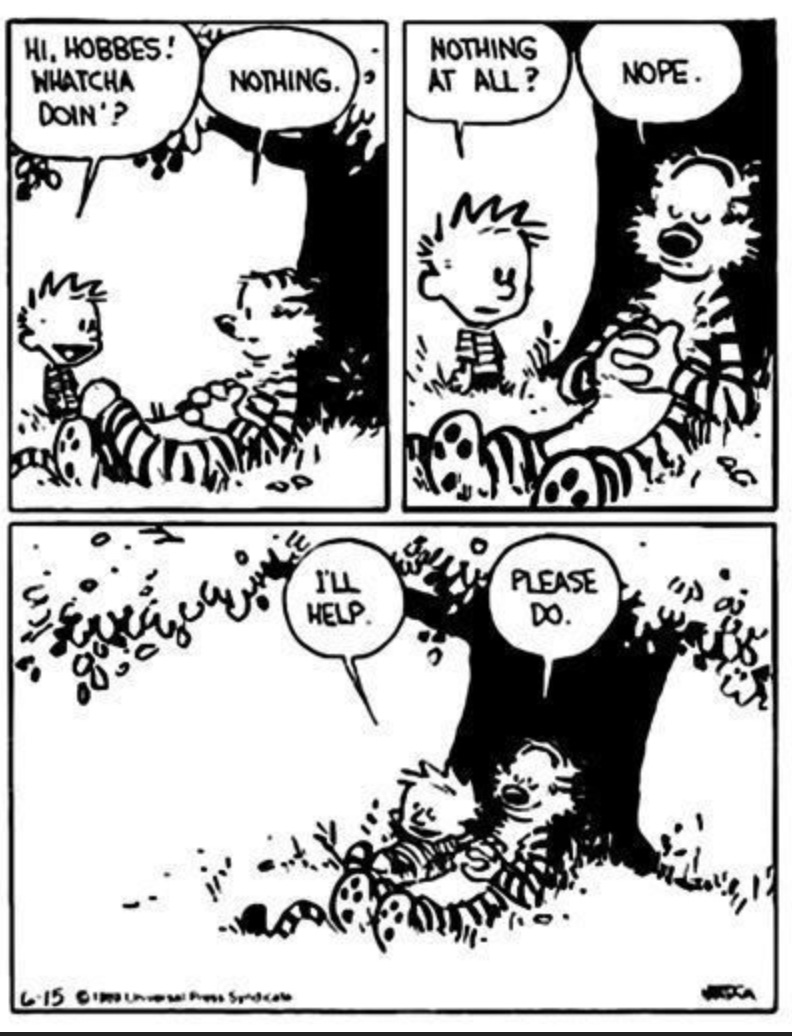
This past Wednesday was May 4th, which has now become a Star Wars themed “May the Fourth” day. Hence, I’m channeling the dark side this week as I write this.
I’ve referenced before the classic scene from The Empire Strikes Back where Yoda admonishes young Luke “do or do not, there is no try.”
Deconstructing that Jedi folk wisdom a bit, just when is it ok to not do? When is it justified or justifiable to not try? Can you really just say “no?”
I don’t mean that one should be disagreeable for the heck of it, or recalcitrant for fun or money, or to be like some newbies in the workforce whom I’ve heard to say, “I’d rather not do that task” when given an assignment. (Correct response: ok, you can not do it elsewhere.)
Organizational failure is rampant. Think of all the busted mergers, all the product extensions that were brought to market and bombed; the movie sequels that stunk and quickly sunk from view. These are just the ones in public view. The reality is that most business combinations fail.
With all this failing, one has to wonder: Was there no one among the decision makers who had the foresight and courage to question these ideas, to stop them before they destroyed value?
Apparently not. Because there is great incentive not to. Organizations can be like bubbles: self-referencing, engaged in group think, and vulnerable to the emperor has no clothes syndrome. Do not rock the boat meets we need a bigger boat. Are you chasing a white whale (or great white shark?)
If you’re thinking of going all the way with your new infatuation idea, stop, or at least pause. Ask these questions, internally and of external advisors. Then ask them again before committing your organization to a course of action.
What’s the most likely public reaction? Will this take a lot of explaining (because it doesn’t make sense on its face?)
Is this a stretch? How much of one? What additional resources do we need to pull this off?
What’s the financial cost? Short and long term? What other opportunities will we forego?
How will this impact our culture? How do we measure that? Will we lose good people?
What will our best customers think? Will they be thrilled (which should always be an organizational priority.)
Will this benefit all stakeholders? Will some benefit more than others? How will we explain this?
You may find, young Jedis, that sometimes the best thing to do is nothing at all.




Perfect! You don't get points for doing well that which does not need to be done. It's a waste of your valuable (one would hope) time and energy. I remember my childhood Saturday chore: sweeping out the garage. There wasn't a workbench in the garage. It was rarely dirty. The only things I swept up were the occasional leaf and grass clippings dropped by the mower. One morning, I looked up at my dad and said emphatically, "I don't want to do this!" He looked at me and said "You don't have to want to." I realized that what was of no value to me was of great value to him. He liked tidy.